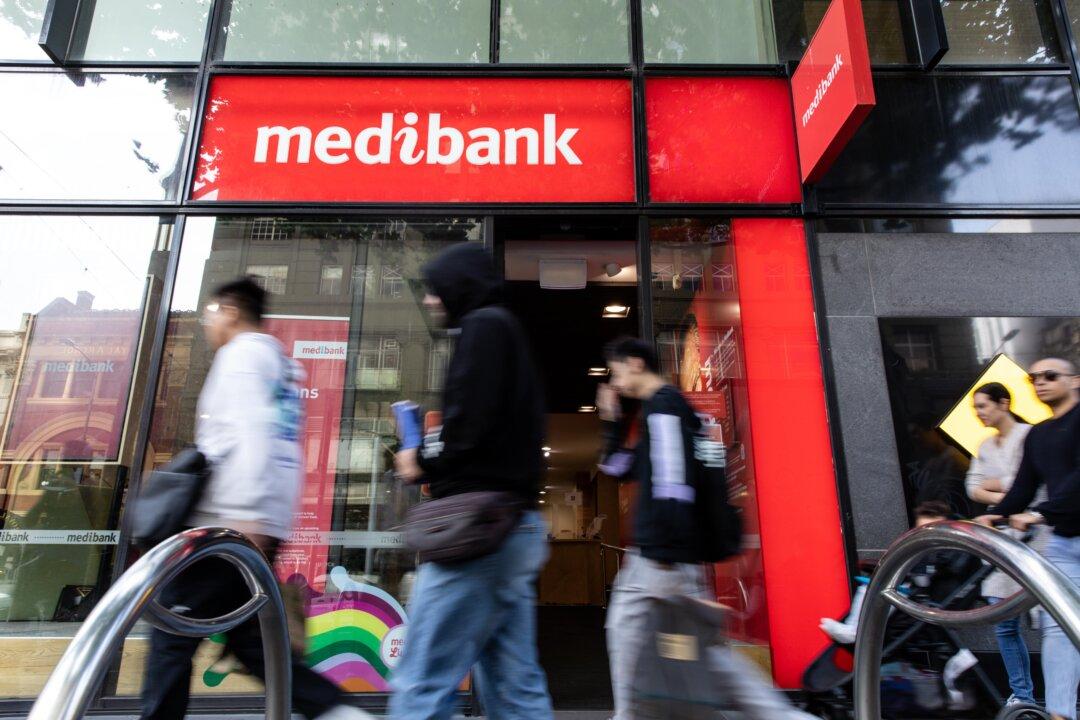The Russian cybercriminals that stole personal data from nearly 10 million Australians have released the single largest data dump to date, announcing it was “case closed” for the Medibank hacking saga.
Six zipped folders, with around 6.5 gigabytes of raw data in a folder called “full” was published by the hacking group on Thursday.





